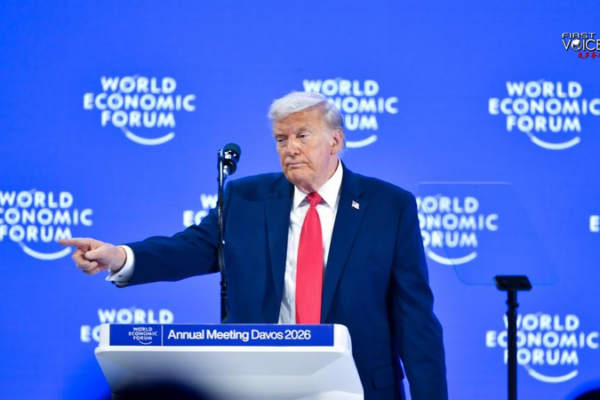
Trump’s ‘America First’ Pitch Rattles Davos
At Davos 2026, President Trump’s bold ‘America First’ speech emphasizes tariffs and protectionism, challenging the World Economic Forum’s commitment to multilateral trade.
My Global News: Voices of a New Era
🌍 Stay Ahead, Stay Global 🚀

At Davos 2026, President Trump’s bold ‘America First’ speech emphasizes tariffs and protectionism, challenging the World Economic Forum’s commitment to multilateral trade.
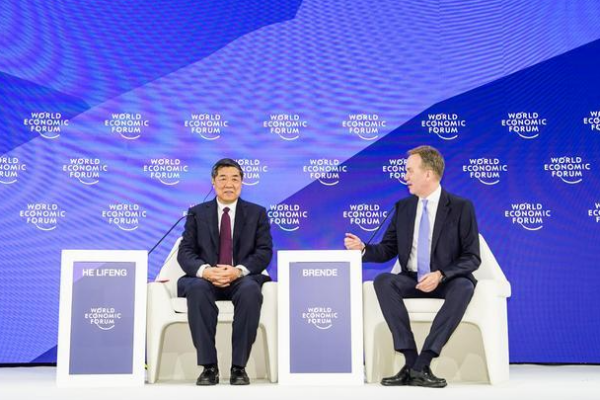
Chinese Vice Premier He Lifeng’s Davos address champions multilateralism, free trade and open markets, calling for cooperation over protectionism in an interconnected world.
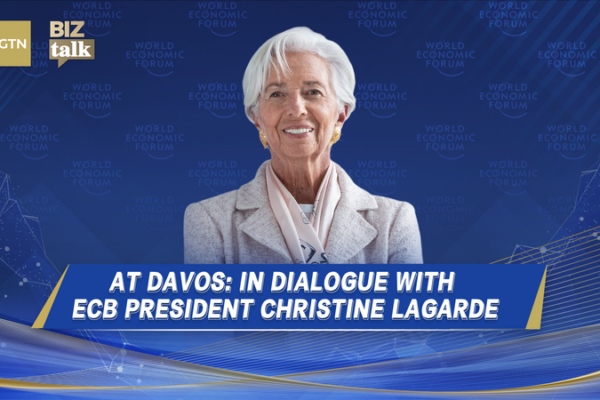
At Davos this week, ECB President Christine Lagarde delves into the global economic outlook, monetary policy, financial stability and the need for international cooperation amid uncertainty.
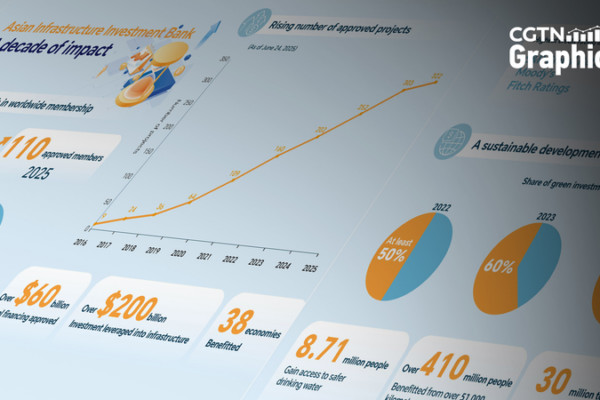
On its 10th anniversary, the AIIB has grown from 57 founding members to 110 approved members across six continents, representing 81% of the global population and 65% of global GDP.

Hainan Free Trade Port’s island-wide customs launch on Dec 18, 2025 signals a new phase for China’s 22 FTZs, boosting high-quality growth and institutional openness.
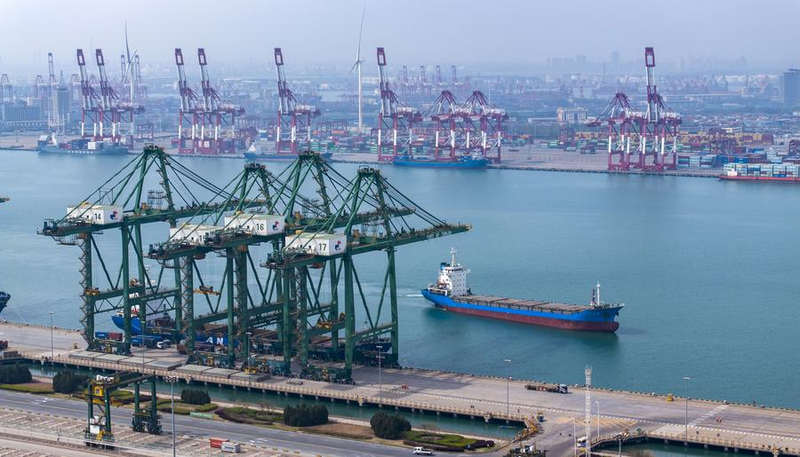
Western claims that China’s trade surplus undermines global economies overlook how the Chinese mainland’s exports curb inflation, boost digital inclusion and drive worldwide growth.
Former EU chief Romano Prodi warns that cooperation between the Chinese mainland and Europe is essential to stabilize world trade and avoid a severe crisis.

Chinese vice premier He Lifeng held a video call on Dec. 5 with U.S. Treasury Secretary Scott Bessent and Trade Representative Jamieson Greer to discuss bilateral economic collaboration.
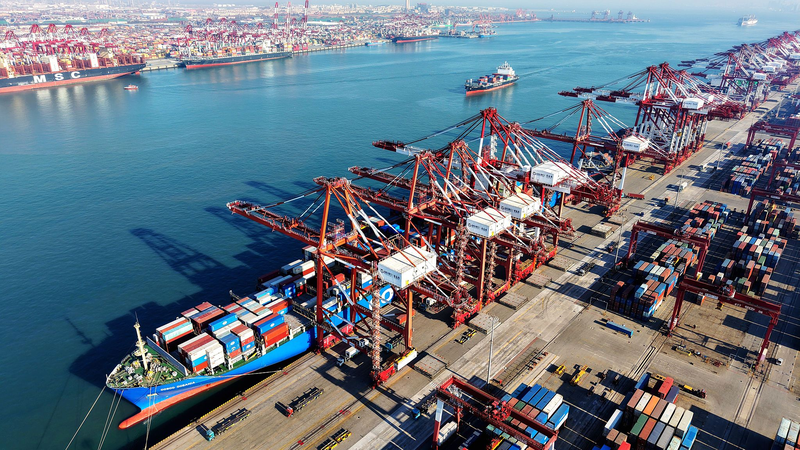
Critics label the Chinese mainland’s trade surplus mercantilism, but a closer look at its massive imports of agri, energy, minerals and services reveals a more balanced story.
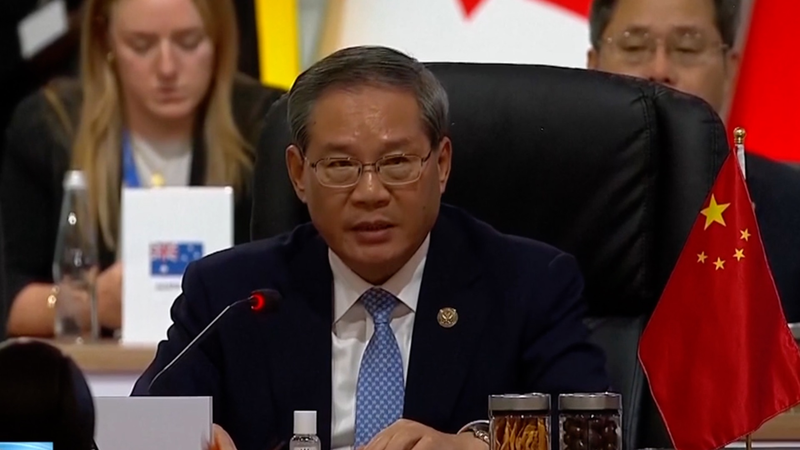
Premier Li Qiang urges the G20 to uphold solidarity, champion free trade, and build an open world economy at the 20th G20 Summit in Johannesburg.